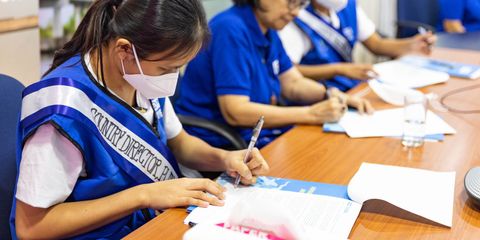Turning the World Around
Girls and young women campaigners and leaders leading the fight for equality!
We spoke to over 1000 campaigners across the world, including the Philippines, to find out what it’s like to be an adolescent girl or young woman campaigner leading the fight for equality today.
How are they treated? Do they feel safe? What keeps them going?
Girls’ right to speak out must be protected!
Exercising one’s right to political participation comes in many forms such as: campaigning, activism* and influencing. It is a vital part of the democratic process.
*Activism, in the context of this research, consists of efforts to promote, impede, direct or intervene in social, political, economic or environmental reform with the desire to make changes in society towards a perceived greater good.
At a time when civic space is both shrinking and shifting, progress on gender equality is stalling, and, in several of the countries where this research was conducted, the right to protest is severely restricted, girls’ and young women’s right to make their voices heard must be protected.
This study seeks to understand both the barriers that girl and young women campaigners and leaders face and the motivation and inspiration that drives them forward, in order to strengthen and support girl-led change.
What we found out
- Gender equality is the single most important issue for girl campaigners. 60% of the girls we spoke to said gender equality or gender-based violence was a priority issue for them.
- One in five girl and young women activists have feared for their safety while carrying out their work.
- The single biggest barrier to girls’ activism is a shortage of funding. More than half of girls we surveyed named a lack of finances as the main factor holding their campaigning back.
- One in four girls cited negative views from members of their family or community as another frequent barrier.
- Campaigning takes a huge toll on girls’ mental health, and can come at huge personal cost. Many of the girls we spoke to have experienced anxiety, depression, burnout and emotional exhaustion. One in four say they’ve felt emotionally unwell or anxious while engaging in campaign or advocacy work; for LGBTIQ+ campaigners, this figure rises to one in three.
- Despite this, nearly all girl and young women campaigners (95%) say campaigning has had a positive impact on their lives, making them feel proud, empowered and capable.
- Girls are creating change. More than half of girls and young women we surveyed say the impact of their campaigning has met or exceeded their expectations.
What girls want to see
From tackling taboos around periods to stopping child marriage, girl campaigners are changing their communities for the better. But it’s not easy. Being a girl campaigner can be tough and unrelenting. Girls want to see power holders play their part. Here are some of their recommendations.
Feel free to save these images and share them on your social channels!
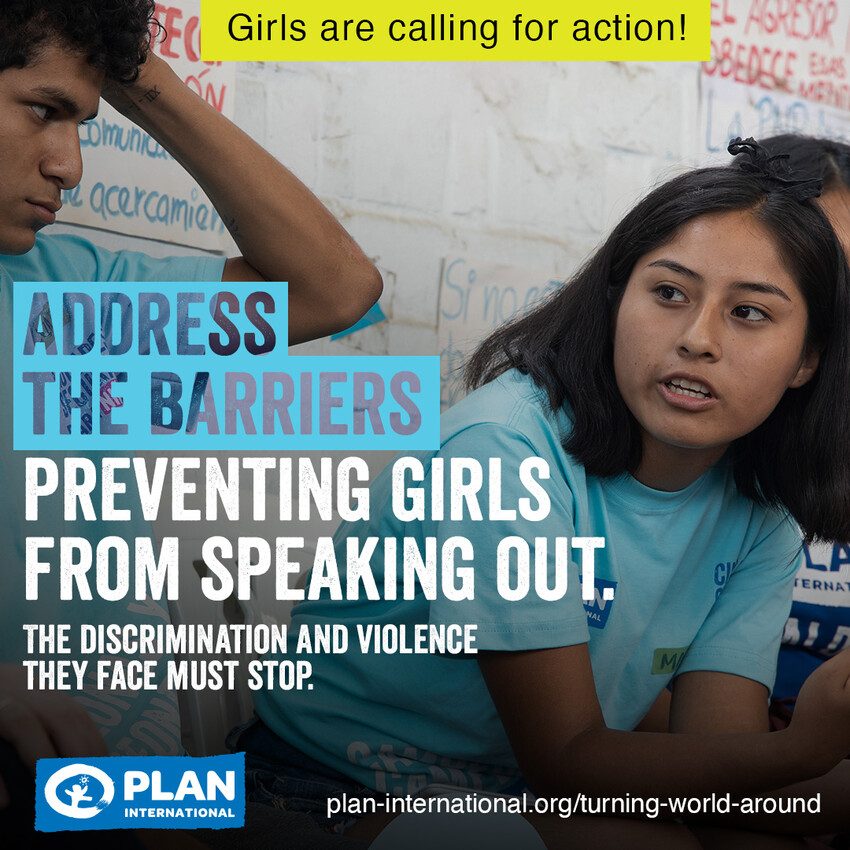
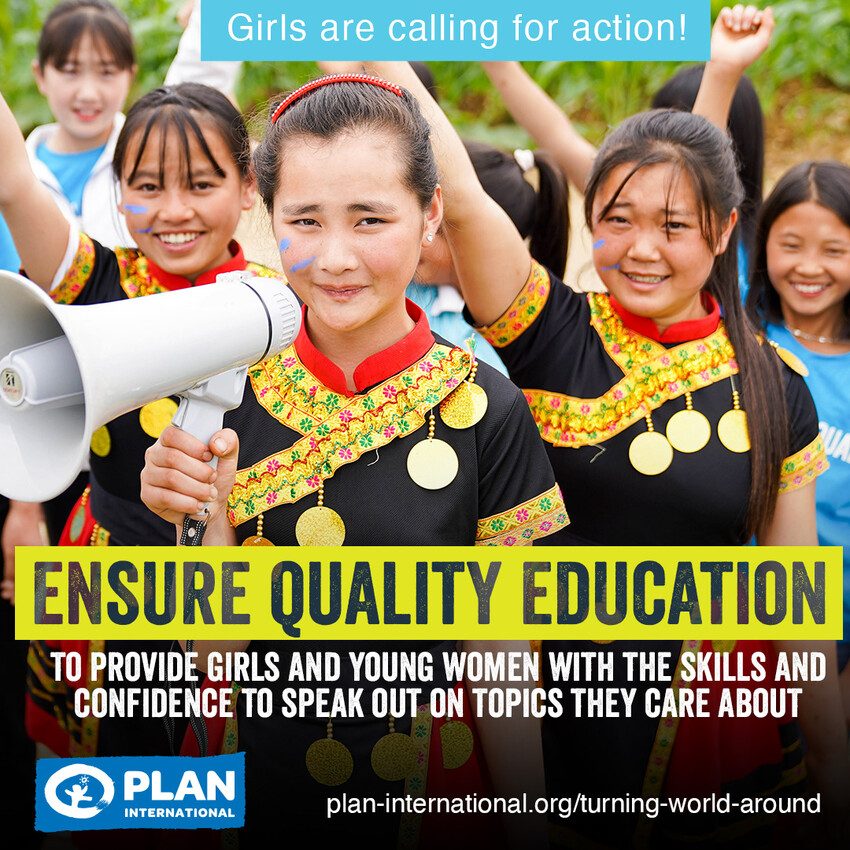
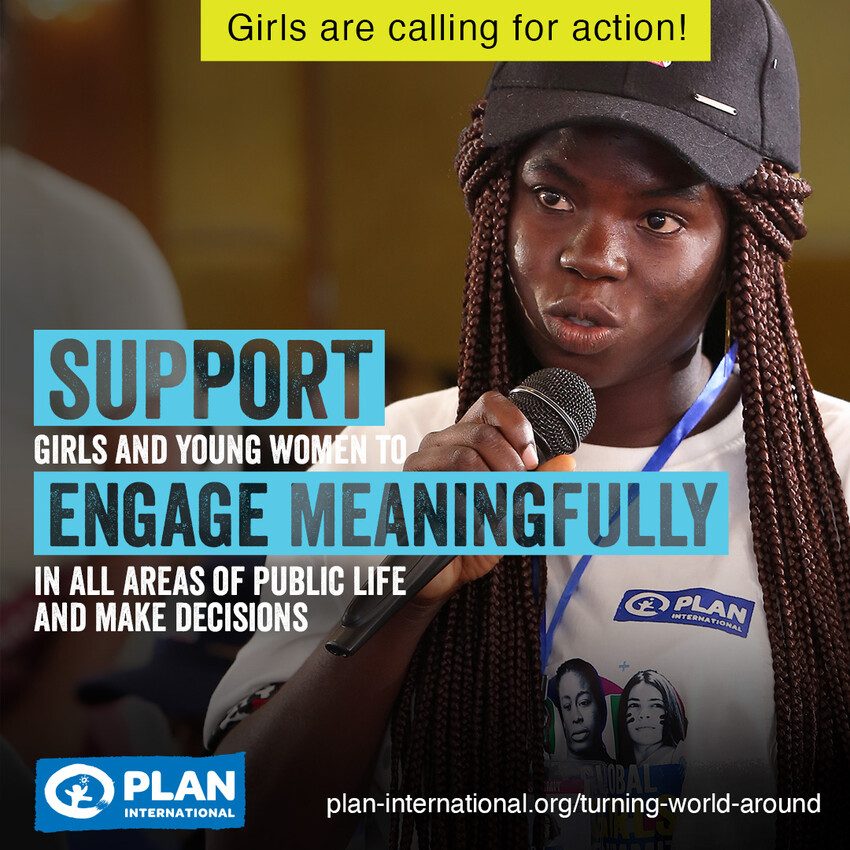
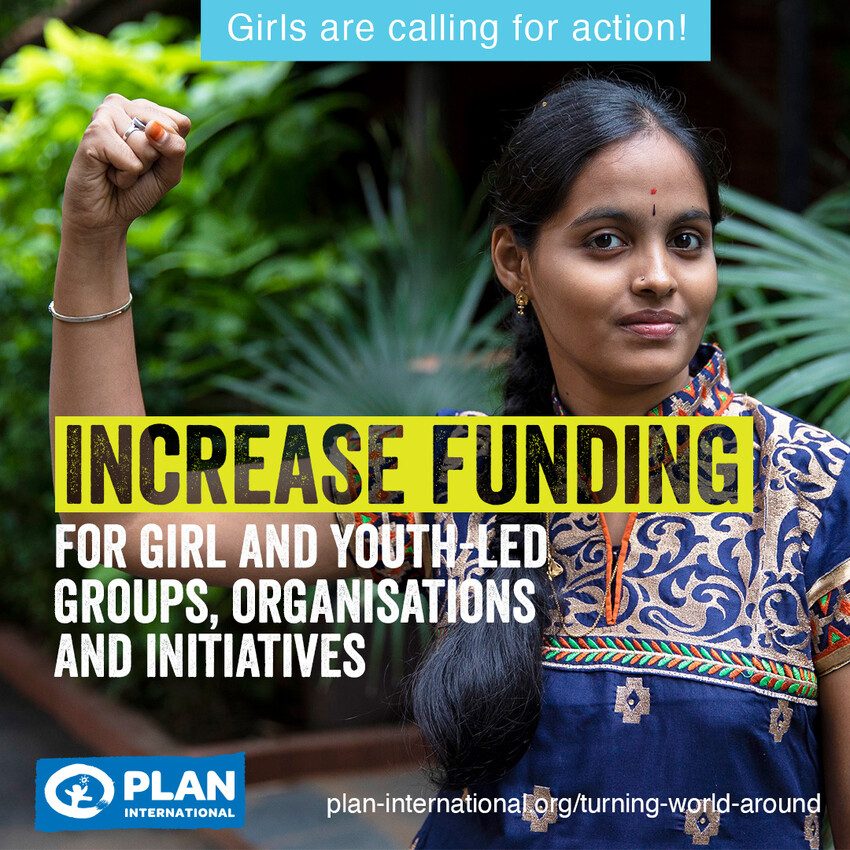
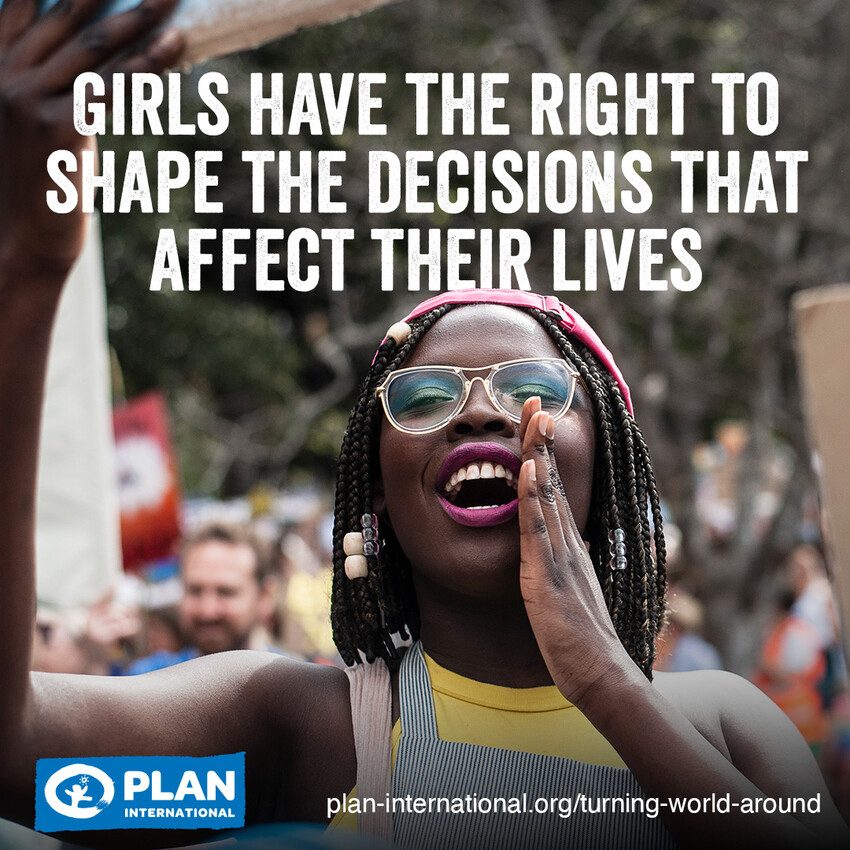
Downloads
Full Report
5.00 mb
Executive Summary
1.02 mb
Technical Report
2.72 mb
Philippine Country Fact Sheet
6.59 mb
